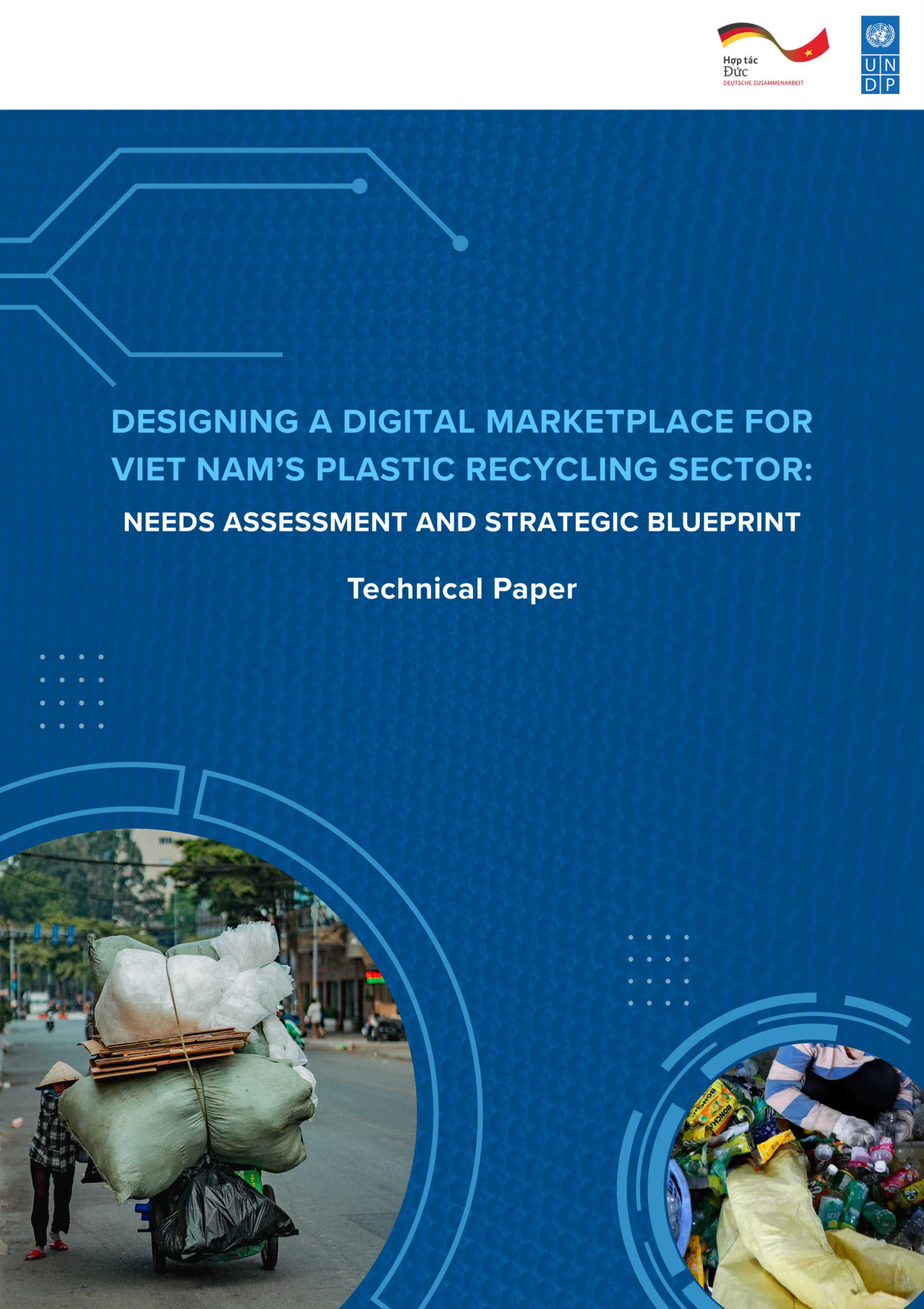Trade for an inclusive circular economy: A framework for collective action – Chatham House
Chatham House and United Nations Industrial Development Organization (UNIDO) published the document on 15 June, 2022.
Circular trade is a key enabler of a global circular economy, but inequities in power relations, digital trade capabilities, trade infrastructure, access to finance, and industrial and innovation capabilities mean that countries in the Global North are better positioned to reap the benefits than are those in the Global South.
Critically, too, countries in the Global South are often the final destination for internationally traded low-value or illegal waste. Lack of capacity in these countries to properly manage and treat such waste brings greater environmental risks and social burdens.
If an explicit goal to reduce inequality is not built into the global circular economy transition, the gains to be made from circular trade are likely to be highly unevenly distributed between developed and least developed countries.
This paper sets out a framework for inclusive circular trade, intended to enable a pathway in which circular trade helps to promote fair, inclusive and circular societies. The framework was developed through the work of an alliance of organizations spanning Africa, Southeast Asia, Latin America and the Caribbean, and Europe.












